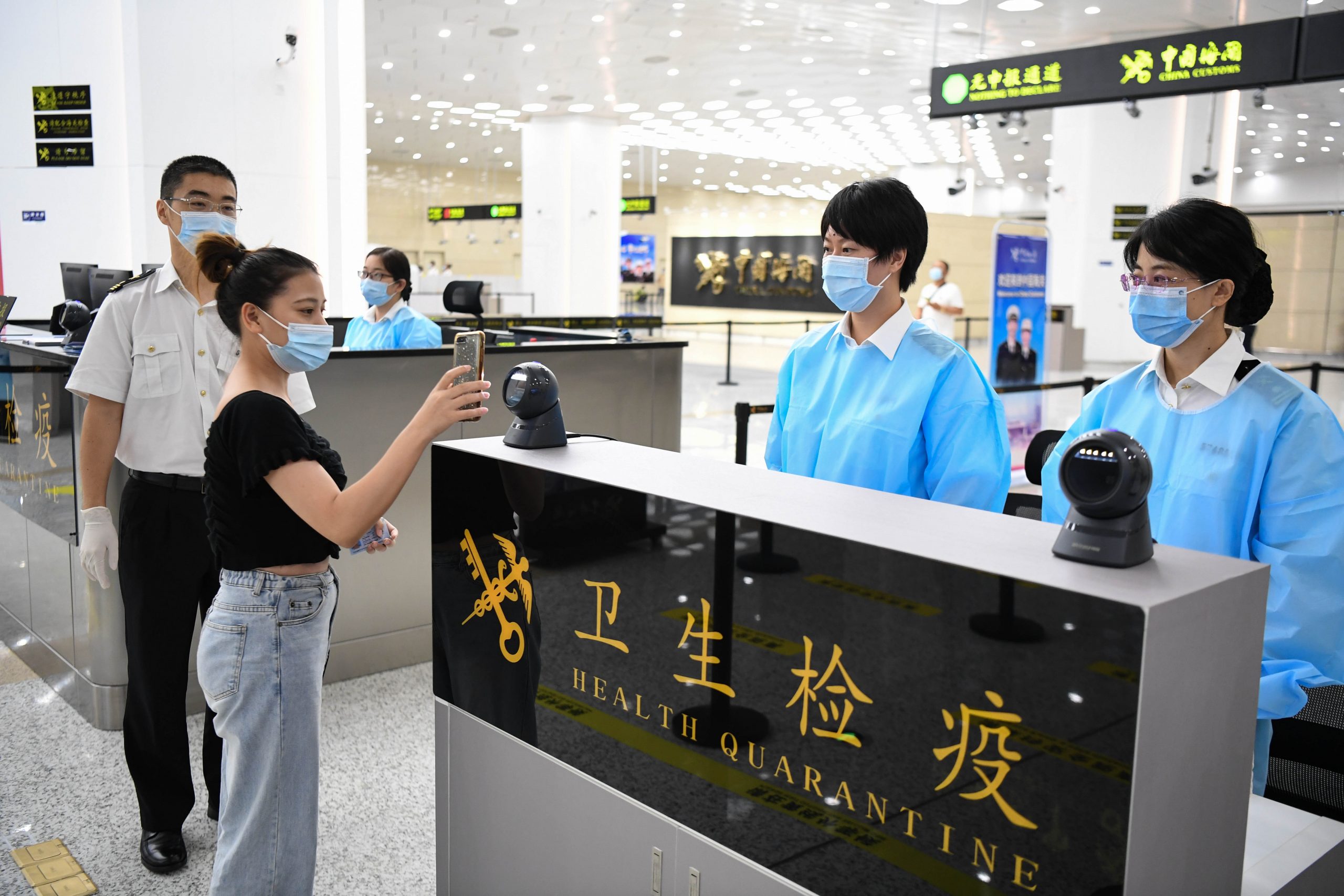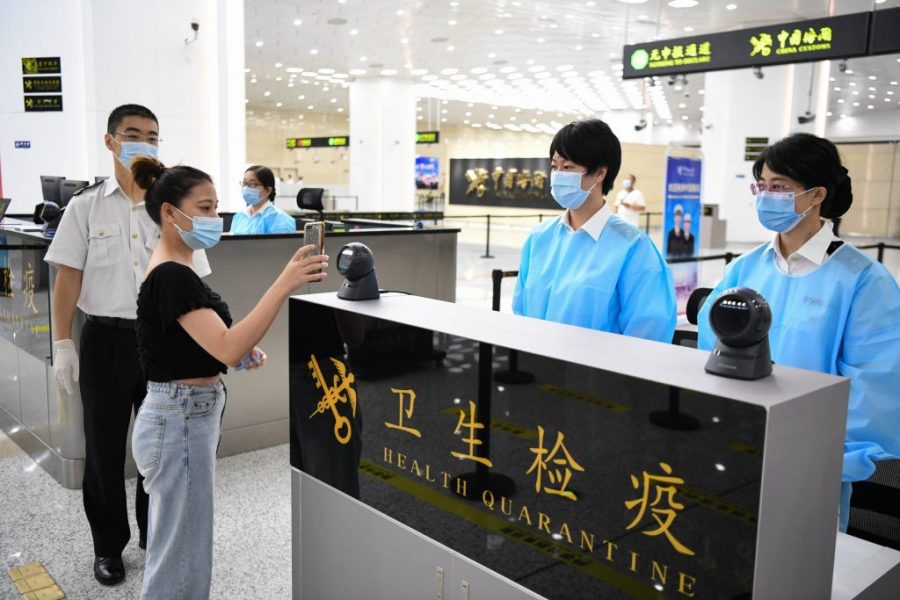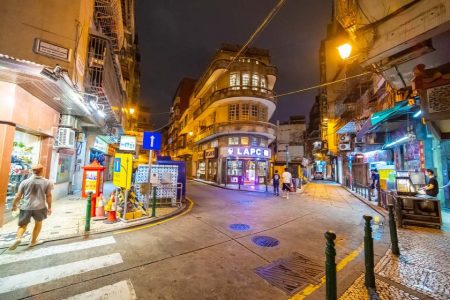Under new measures that become effective today, certain foreign nationals without a Macao ID card, such as the spouses or offspring of a Macao resident, can apply to return to the city after travelling to the mainland with a mainland visa, as long as they have not been to any countries or regions outside the mainland or Macao in the 21 days prior to their entry.
The Health Bureau’s (SSM) Control of Communicable Diseases and Surveillance of Diseases Department Coordinator, Leong Iek Hou, said that the new measure is a minor change to the Macao government’s rule for special entries for certain foreign nationals that was rolled out last December, The Macau Post Daily reported.
According to the previous ruling, foreigners could apply to enter Macao as long as they had been staying in the mainland for at least 21 days prior to their arrival here, while under the new version, they can apply to enter Macao as long as they have not been to any places outside the mainland or Macao in the 21 days prior to their entry into Macao.
Due to the Covid-19 pandemic, foreign nationals without a Macao ID card have, in general, been barred from entering Macao since March last year.
According to Leong, the new measure enables foreigners holding both a permit to stay in Macao and a mainland visa to regularly travel between the two and to return to Macao without having to stay in the mainland for at least 21 days.
According to the Macao government’s previous announcements, its measure allowing foreigners under certain circumstances to apply for permission to enter Macao from the mainland, covers the spouse or offspring of a Macao resident; non-resident workers (informally known as “blue-card” holders) or those who have obtained an official permit to work in Macao as a non-resident worker, and their family members who have obtained or are eligible to obtain a permit to stay in Macao; those who have obtained a special permit to reside in Macao; those who have been admitted to local higher education institutions; and those visiting Macao for important commercial, academic or other professional activities.
On 16 March, the Macao government relaxed its entry ban on foreign nationals without a Macao ID card, according to which they have been allowed to enter Macao providing they are returning to Macao after travelling to the mainland from Macao with a mainland visa issued by the Office of the Commissioner of the Foreign Ministry in Macao, and have not been to any countries or regions outside the mainland or Macao in the 21 days prior to their entry into Macao.
During yesterday’s press conference, Leong gave an example in which circumstances foreigners are covered by the new measure. “For example, according to the current [now-defunct] rule, a foreign national [without a Macao ID card] living in Macao for a long time who has visited the mainland with a mainland visa that is not issued by the Office of the Commissioner of the Foreign Ministry in Macao could only apply to return to Macao after having stayed in the mainland for at least 21 days,” Leong said.
“According to the new rule, this person who has travelled to the mainland from Macao can immediately apply to return to Macao without having to stay in the mainland for at least 21 days,” Leong said.
“The new measure aims to make it more convenient for eligible foreign nationals to travel between Macao and the mainland,” Leong said.
Leong added that with the implementation of the new measure, the SSM has launched an online application system for eligible foreign nationals. Previously, an application for special entry into Macao for foreigners under certain circumstances could only be made by email, letter, or in person.






